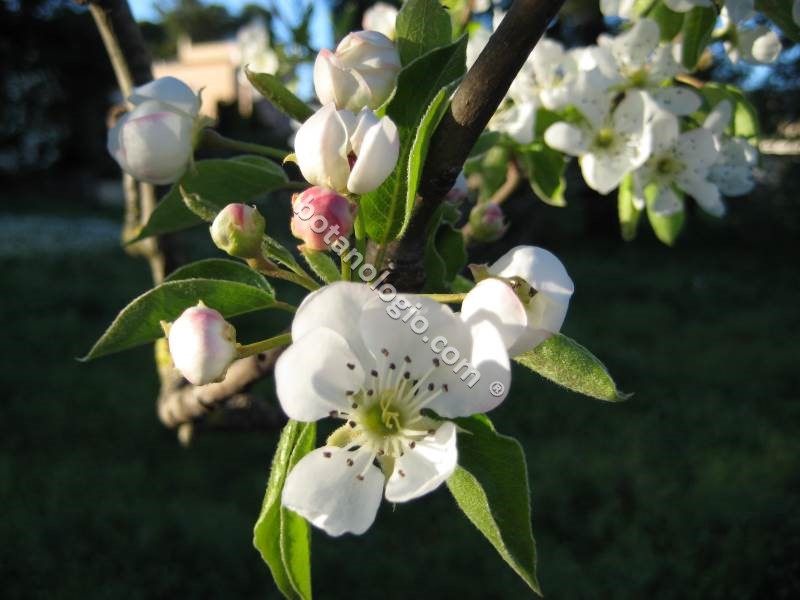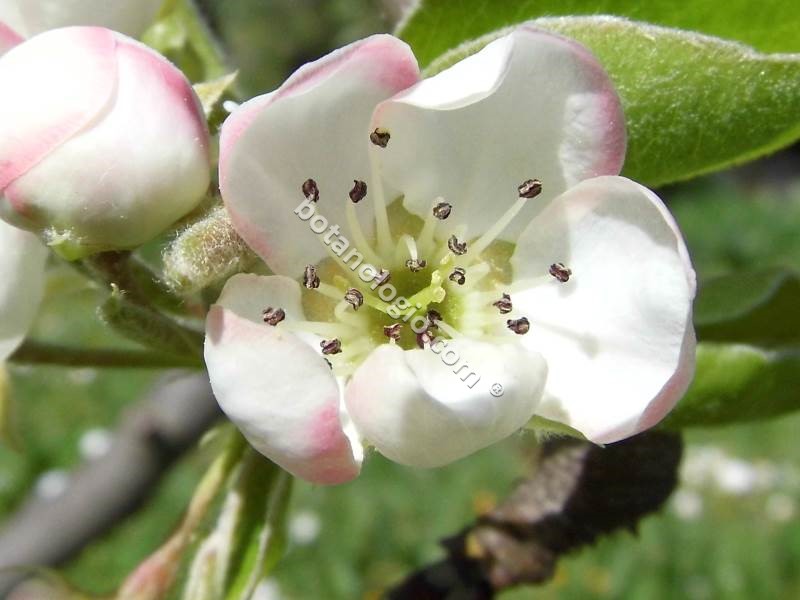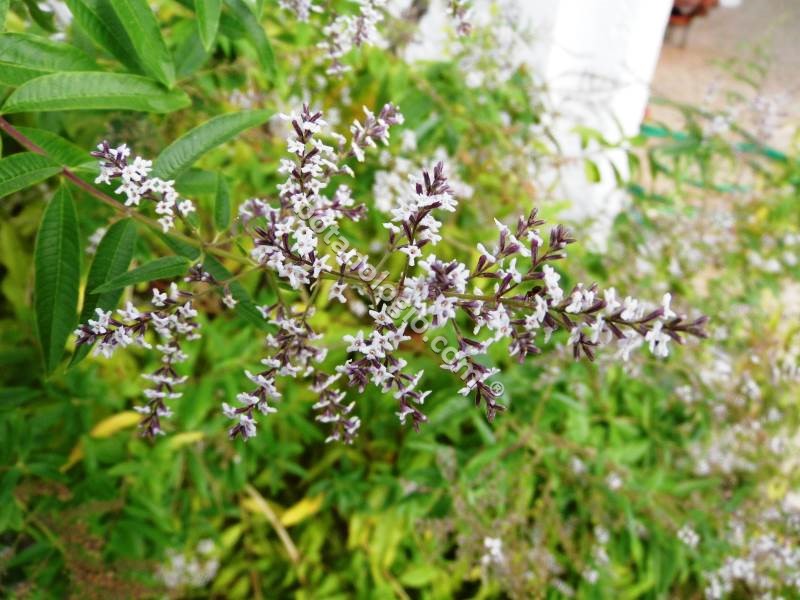Three beneficial properties of poppy!

Flower of wild nature, rich mythology behind the name, and usage history from antiquity, poppy is One more herb of Greek nature and not only, with important therapeutic and nutritional properties!
Of course it’s all about the poppy seeds which nowadays we meet with frequency in cooking and baking. Poppy belongs to papaveraceae the family, while the species used for medicinal purposes is the opium poppy (Papaver somniferum). The most common poppy that grows throughout Greece is the red poppy which is also collected, while the fresh stems and petals are used in salads and pies.
From the poppy we get highly nutritious poppy oil, poppy seeds from the capsules of the plant and from the plant juice, opium. The poppy seeds have not any hypnotic properties, so they are used in cooking safely.
The important nutrients it contains, contribute to the healthy functioning of our body even in small quantities. Given the particular and pleasant taste of the seeds, you will find them in salads, desserts, sandwiches, stews, and even milk to give flavor and energy.
The beneficial components that the poppy seed contain offer:
Healthy digestive function. The high fiber content (about 50% of our daily needs) offers relief from constipation or diarrhea, regulating the digestive system for healthy operation.
Nervous system relief. Healthy operation of the nervous system depends on many factors and primarily from our diet. The lack of magnesium, calcium and B vitamins are the most common reason for nervousness, stress, insomnia and even depression. The poppy seed, offers stimulation of the nervous system, and also the metabolism as 100 grams poppy contain 20% of our daily needs for vitamin B9 (folic acid), 65% B5 (pantothenic acid), 71% B1 (thiamine), 87% magnesium and 144% calcium!
Overall health of the heart and circulatory system: The iron content covers 122% of our daily needs, playing an important role in the creation of red blood cells. At the same time, blood circulation increases, oxygenating the organs. The consumption contributes significantly to the reduction of bad cholesterol, and dietary fibers bind bile salts produced in the body by increased bad cholesterol. The manganese content (292% daily requirement), phosphorus (124%), zinc (72%) and copper (181%) with the iron mentioned above, reduce the symptoms of anemia, stimulate the body, regulate cholesterol and blood pressure. All the above, are important factors for the protection of the heart, the smooth blood flow in the body and prevention of atherosclerosis.
Three additional beneficial effects on our body: The poppy seeds strengthen the body’s defenses due to the zinc content, significantly contribute to bone health and prevent osteoporosis, and protect against degenerative diseases affecting vision, due to the antioxidants containing. They are considered that protect against type 2 diabetes because of the zinc content.
Attention:
Poppy seeds are generally safe, even during pregnancy, but as with any food with medicinal value, there are certain limits that should not be overreached. Thus the norm for adults is 100g seeds for an adult of about 70 kg. The maximum consumption is formed by the kilos of every person.
Tips: Buy the seeds from certified suppliers, store in a dry and cool place to keep them fresh up to 6 months. If you want to give extra flavor and intensity of taste, you can cook the seeds in the pan (without oil).
antioxidants, calcium, heart protection, herbs, herbs for digestive system, herbs for osteoporosis, herbs for the nervous system, minerals, osteoporosis, poppy, poppy seeds, trace elements, vitamins





